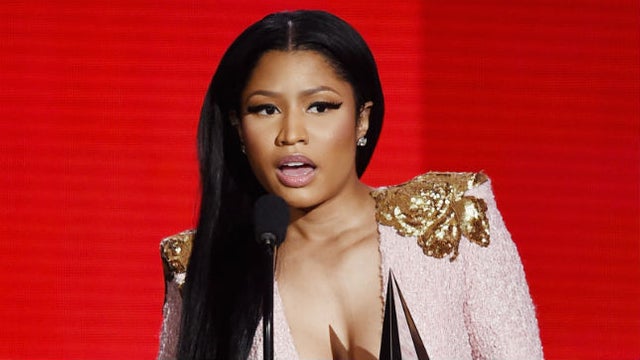***On 9 July 2019, Nicki Minaj cancelled her performance in Saudi Arabia in support of women and LGBTQ rights.
Despite ongoing and systematic human rights violations in Saudi Arabia, popular foreign musicians continue to perform in the kingdom. While Saudi Arabia’s lifting of the ban on female drivers last year seemed like a step in the right direction, women still remain oppressed. Many female activists have been arbitrarily arrested and tortured, and the male guardianship system leaves women vulnerable to domestic violence and is a barrier to their access to basic services. Additionally, the Saudi government stops at nothing to silence dissent – demonstrated by the murder of journalist Jamal Khashoggi. Saudi Arabia’s disregard for human rights should dissuade performers from making appearances, but US rapper Nicki Minaj is currently set to headline the Jeddah music festival later this month alongside other big names like Liam Payne and Steve Aoki.
Nicki Minaj is widely known for her provocative style and songs with an emphasis on female empowerment. Minaj has already faced criticism from human rights organizations for her decision to perform at the festival, especially given that female spectators will be required to wear full length robes, also known as abayas, and Saudi women remain restricted under the male guardianship system. When popular celebrities visit Saudi Arabia and ignore the ongoing abuses, it only serves the help the government whitewash its human rights violations.
Minaj is not the first US singer to perform in Saudi Arabia. This past January, international pop star Mariah Carey performed a concert in the kingdom despite calls from rights groups to boycott the country due to human rights concerns, including the Saudi government’s role in the killing of journalist Jamal Khashoggi. Carey’s publicists defended her choice by stating that she hoped to use the performance to work towards desegregating gender in Saudi Arabia with a co-ed audience. Other high-profile musicians such as David Guetta, Sean Paul, and Akon have also put on shows in the kingdom this year.
Unfortunately, performances like these distract from human rights abuses and help the Saudi government project false images of “modernity” and “reform.” In light of Minaj’s performance, multiple human rights groups, including the Human Rights Foundation, have urged her to cancel the show. They warn that following through would condone Mohammed bin Salman’s use of murder to suppress free speech and expression, on top of other ongoing rights violations, given that he is responsible for approving and funding her performance.
If they are truly interested in promoting equality, musicians who are invited to Saudi Arabia should either boycott the country or attach terms of improved human rights conditions to their performances. Given the careful attention the Saudi government gives to optics, one performer’s criticism has the ability to create a massive impact.
Emily Yormak is an Advocacy Intern at ADHRB.





